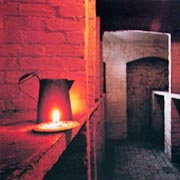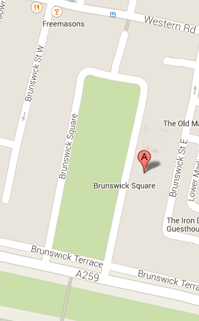Mrs. Simpson's Journal
31st October, 1831
Although we’re naught but a small fishing community – apart from the Gentry – we always know what’s going on across the water before London does. I expect ‘tis because of our fisher-folk, and those who travel daily across the water to France (both legally and not-so-legal) that news always reaches us before it does London?
And lately the stories in the stews and the pubs, the markets and the milliners concerns the Cholera. Once or twice this outbreak has been mentioned in the journals and newspapers – but only as something which is happening far away.
Howsomever, if those as writes the journals was to leave their comfy London lodgings and talk to us up and down the shores of the land, they would know, as we all do, that the cholera is HERE!!
Now I knows as most would think immediately of the area here called Pimlico. With nigh on 2,000 souls stuffed, like breadcrumbs into a chicken, into an area the size of our Brunswick Square, death and illness stalk Pimlico daily. And yet, in this instance, ‘tis not the squalor of Pimlico which has given rise to illness – but places such as Rottingdean, and Salt Dean…and Brighthelmstone.
Three evenings ago came a knock on the stable door and there stood Emily Harris, a-begging for someone to spare her some of my Coltsfoot linctus. Next morning she were back in tears, to tell me it hadn’t worked and that her man – who goes out regular on the Brighton to France run (the night-time run, you understand) – had died.
And to-day came news that Tom Barlow, Gaffer Enoch and Edward Mincer has all joined their erstwhile companion in the Great Beyond.
But as Emily sobbed, through her tears, “What are we to do?”. There be no mistaking that this be the Cholera, and no mistaking that ‘tis a scourge which is sweeping across places across the Channel.
But, did Emily, or Gaffer Enoch’s granddaughter, or the wives of Edward Mincer and Tom Barlow report to the Authorities, they would be hard put to it to explain how, and where, their men became ill. If any were to bring the notice of the Authorities to the ‘Gentlemen’ who ply their trade back and forth across the channel in dead of night, they would likely be made to suffer.
So here we sits, certain-sure that England is already host to The Illness, yet knowing that, until one of the gentry – or a citizen of London – doth catch it, nothing can be done to stop it.



